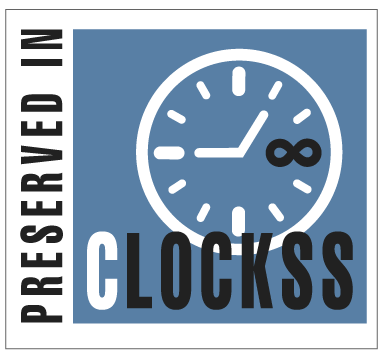Abstract
The idea of Blockchain has infused various fields of study, and its widespread adoption is projected to grow exponentially in the near future. By executing concise pre-defined code snippets known as smart contracts on the Blockchain, the need for intermediaries can be eliminated, and the number of contract executions can be significantly increased. The application of blockchain technology and smart contracts, in conjunction with machine learning methods, to IoMT-based e-healthcare is critically examined in this article. The goal of this project is to investigate how automation and decentralisation might improve healthcare. Integrating these components offers the chance to handle medical data securely, privately, and transparently while facilitating easy communication between patients, healthcare professionals, and insurers. A special architectural model designed for the Internet of Medical Things (IoMT) in e-healthcare is suggested to illustrate the aforementioned problem. In order to improve effectiveness, dependability, and scalability in medical settings, this paradigm makes use of decentralisation and smart contracts. The paper also addresses the approach’s possible advantages, difficulties, and upcoming developments. Empirical data highlights the potential of the suggested architecture to transform the delivery of medical services by demonstrating its superiority over conventional approaches, especially in terms of packet delivery, latency, and energy efficiency.
Keywords
Block Chain, Encryption, Internet of things, Medical data, Privacy
Subject Area
Computer Science
Article Type
Article
First Page
2086
Last Page
2098
Creative Commons License

This work is licensed under a Creative Commons Attribution 4.0 International License.
How to Cite this Article
Deepika, J.; Shetty, Sahana; Selvarani, A.; Bala, Saroj; J, Benita Gracia Thangam; and G, Pradeep
(2025)
"A smart blockchain-based privacy-preserving machine learning scheme in IoT healthcare,"
Baghdad Science Journal: Vol. 22:
Iss.
6, Article 28.
DOI: https://doi.org/10.21123/2411-7986.4978








